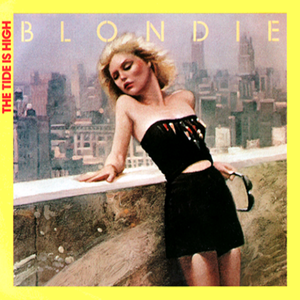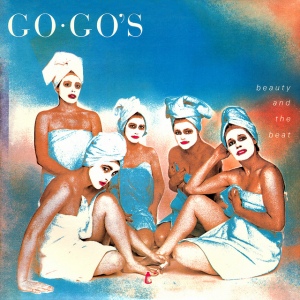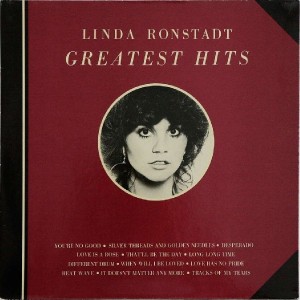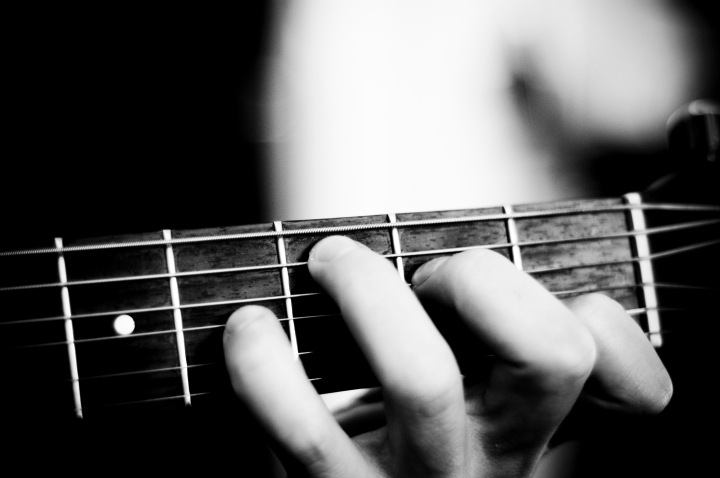I lived in an orange grove at one end of the country road, she lived in an old farmhouse, tucked in a vineyard, at the other end. My friend, Erin, and I read Nancy Drew mystery books, and we both solidly rode, sans training wheels, on our bikes.
In Erin’s family there was no “Dad,” only “Honey.” I recall the first time they all began to chirp, “Honey’s here! Honey’s here!” I thought it had something to do with bees and a delivery, when actually it was their father coming home from work. They’d all adopted their mom’s pet name for him.
Our country road was rough for bike riding. One day Honey put our bicycles in the back of his pick up truck, and drove us to the Exeter Memorial Building parking lot, where we coasted on smooth asphalt in the vacant lot, no traffic.
It was a sleepy Sunday in our small farming town. The sound of a lawn mower puttered in a distant yard. Birds chattered in lofty branches of the nearby trees. Music leaked from the cab of Honey’s parked pick up. It was 1981 and Blondie was bringing reggae to the radio with “The Tide is High.”
“The tide is high but I’m holdin’ on. I’m gonna be your number one. I’m not the kind of girl who gives up just like that, oh no…”
Blondie was new to my seven-year old ears. Urban and foreign. Riffs with bass. I loved the sound as I cruised the smooth of the memorial building lot.
My dad’s truck was always tuned to the twang of the country station, where the The Oak Ridge Boys’ “Elvira,” was on continual replay. At home, my mom would wash dishes, cranking the cassette player, and encouraging us to sing along to “Happy Talk,” from the musical “South Pacific.”
“Happy talk, keep talking happy talk. Talk about things you’d like to do. You gotta have a dream, if you don’t have a dream, how you gonna have a dream come true?”
Change was on the airwaves, and that was my last year with Honey and Erin. Their family would move to a house near the beach in southern California. My parents would separate later that summer. I branched out and learned to ride my bike on the country road, alone. I listened to music beyond the parental musical influences of The Oak Ridge Boys and Rodgers and Hammerstein.
I discovered American Bandstand on television. Put visuals to my auditory world. The Go Go’s’ “Beauty and the Beat” had hit the charts. The band was all women, even the drummer, and “Our Lips Are Sealed” was rocking my world.



